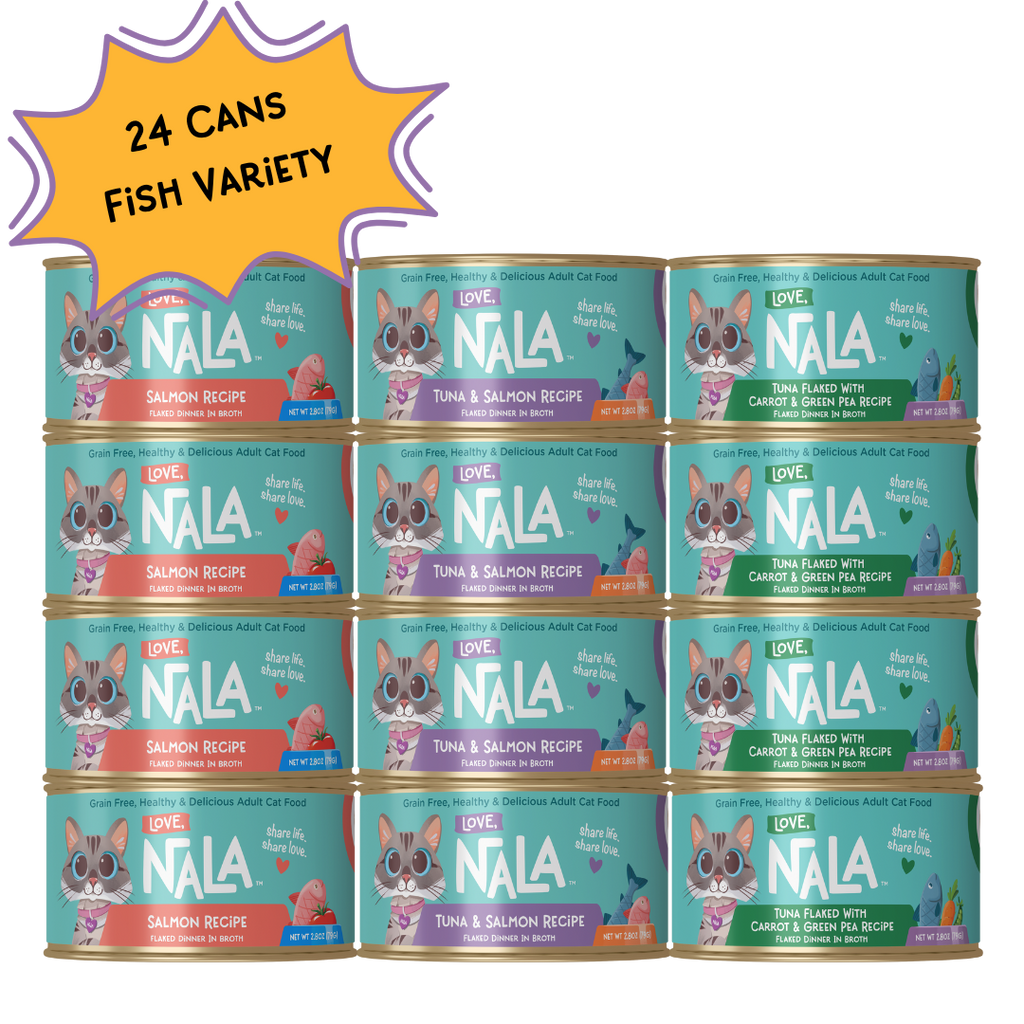Cats have delicate digestive systems, making them prone to issues like constipation. While minor stomach troubles aren’t usually a cause for concern, persistent constipation requires immediate attention. With the right care, you can help your feline friend find relief and maintain a healthy digestive system.
Common Causes of Constipation
-
Dehydration
-
High carbohydrate or low fiber diet
-
Hairballs
-
Lack of exercise
-
Obesity
-
Underlying medical conditions
-
Ingestion of foreign bodies
Constipation Symptoms
-
Straining in the litter box
-
Hard, dry stool
-
Abdominal pain or distension
Constipation is the abnormal accumulation of feces in the colon resulting in difficult bowel movements. The feces are retained in the colon, resulting in either reduced frequency or total lack of defecation. Since one of the major functions of the colon is water absorption, the retained feces become hard and dry, which makes passing them even more difficult.
Constipated cats will strain in an attempt to defecate. Some constipated cats may pass small amounts of liquid feces or blood because of the excessive straining. The cat might also show signs of lethargy, reluctance to eat, or vomiting. If your cat is constipated for more than two days, you should schedule a vet visit.
Diagnosis and Treatment
Your veterinarian can feel the accumulated fecal material in the colon. Further tests may be needed in order to diagnose the cause of the constipation. These may include abdominal X-rays, bloodwork, and urine testing to look for underlying diseases.
Treatment of a cat with constipation typically involves the administration of subcutaneous fluids to combat dehydration, enemas and/or the manual extraction of feces by a veterinarian.
A number of treatments are available to soften the feces and promote regular bowel movements. In mildly affected cats, high fiber diets, lubricating laxatives, or stool softeners may prevent recurrence. Dietary management or medications may also be needed to prevent a recurrence.
Cat Constipation Prevention
A Clean Litter Box
It is very important to ensure that your cat always has access to a clean litter box or two so that they feel comfortable to use them. A clean box helps to encourage frequent defecation. Cats can be picky about their litter box, their litter, and the location of their box. If they don’t like something about their litter box experience, they may be reluctant to use the box. Make sure the box is large enough for your cat to comfortably turn around when they’re using it and that it is placed in a low-traffic, yet easily accessible area of the home.
Grooming
Regularly grooming your cat, especially if they have long hair, can help to reduce hair ingestion, and hairball diets or treats may prevent hairballs causing constipation in the future.
Increased Water Consumption
Drinking plenty of water and staying hydrated helps prevent constipation. Cats don’t typically like drinking water, so the best way to increase their water consumption and keep them properly hydrated is by feeding them wet food rather than kibble. Wet food increases their water intake and significantly reduces their risk of constipation.
You can also encourage your cat to drink more water by adding more water bowls around your house, adding ice cubes to their bowls for them to play with, or introducing pet fountains since some cats prefer moving water to still water.
A New Diet
Allergies to certain foods can cause intestinal inflammation and lead to constipation in cats. Changing the protein source of your cat’s diet (poultry, fish, beef, rabbit) can reduce inflammation and allow the intestines to move more normally.
When changing your cat’s food, remember to transition them slowly over the course of at least a week, mixing their old food with the new food to prevent more digestive troubles.
A Healthy Weight
Obesity causes intestinal inflammation, which causes digestion to slow down in the intestines. Too much water is then absorbed from the stool, causing constipation. Your vet can help you determine if your cat needs to lose weight and help to create a healthy diet plan.
Increased Exercise and Enrichment
Exercise can help promote normal movement of the intestines, which helps move things along the digestive tract. Encourage your cat to be more active with plenty of toys, playtime, and enrichment. Anything that helps them move and keeps them engaged - wand toys, kicker toys, jingle balls, cat trees, scratching posts, a bird feeder by the window - is good for their mental and physical health.
Fiber or Probiotics Supplements
Probiotics are ‘good’ bacteria that help create and maintain a healthy GI tract that will move stool along the digestive tract and prevent constipation. Fiber feeds those good bacteria and can also help to keep more water in the intestines, preventing constipation. Cats who are prone to constipation may benefit from probiotic or fiber supplements added to their wet food.
Constipation isn’t fun for anyone, but hopefully these tips will help you help your cat find relief and maintain a healthy digestive system.
Love, Nala




















